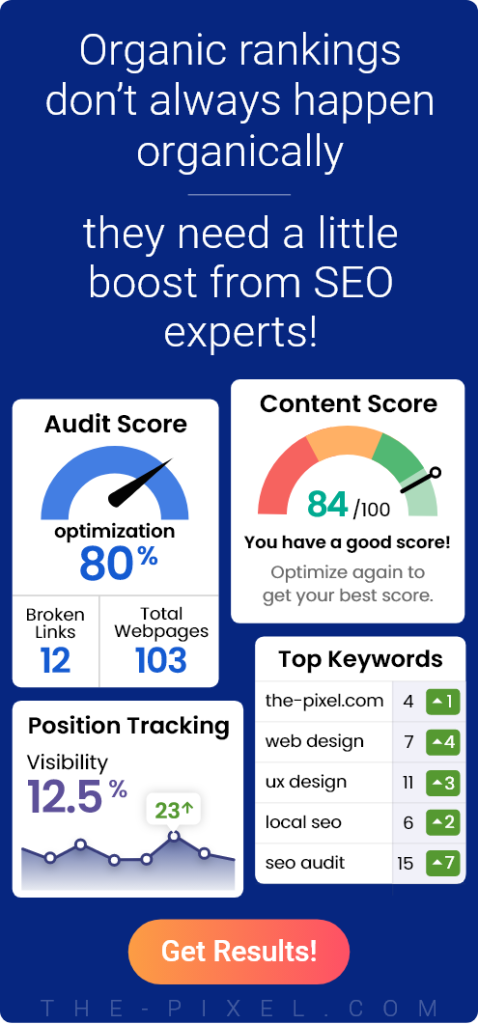Why Business Leaders Should Invest in Inbound Marketing
Why Business Leaders Should Invest in Inbound Marketing
Virtually every sales and marketing professional is familiar with the proven sales process concept of “the funnel.”
At its very basic construct, the funnel is simply a visual tool into which sales prospects are “poured” to begin the journey from prospect to customer.
Along the way, prospects interact at various stages with the seller, sometimes acting independently, other times interacting with sales and marketing personnel, depending on the stage.
Back in the days before the internet and even mass marketing, the funnel could be fairly narrow, with few prospects entering at the top, and a relatively similar number exiting at the bottom as customers. That’s because selling was a singular, face-to-face art – a highly personalized experience. Both parties had a pretty good idea about the other. Buyers may have had prior knowledge of the seller before contact, and sellers knew who could be a buyer based on their knowledge of the market and their product or service. Any unqualified prospect entering the funnel would be quickly culled out because they entered by mistake or would be identified as unqualified by the seller early in the process because personal contact would occur from the start.
The main advantage of this early version of the funnel was its high-contact characteristic. Both parties engaged almost immediately and a rich, personal experience followed that would see the prospect rapidly leave the funnel — either as unqualified or uninterested, or as a customer. The downside was the amount of time both parties had to invest in the process, learning about each other and determining the opportunity to benefit from the other.
Enter mass marketing. Suddenly the funnel changed shape, becoming much wider at the top because it was now able to capture exponentially greater numbers of prospects through mass channels such as broadcast television and radio, and direct mail. The advantages of mass marketing sales were significant – buyers had exposure to a lot more brands and choices while sellers could generate greater awareness of their products or services and gain substantially greater numbers of prospects.
There were also some disadvantages, of course. Mass marketing is a less personalized approach providing less information early in the process, which could lead to buyer frustration. Sellers lack knowledge of individual buyers and have to wait until prospects contact them to engage. Sales would frequently complain that the leads that marketing provided were very poor quality, leaving them to fend for oneself.
With the advent of the World Wide Web, buyers not only gained more options, they gained a lot more information early in the process, enabling them to winnow down their choices on their own while gaining greater product understanding and negotiating power. Sellers gain more knowledge about buyers through access to Big Data, enabling them to sell more effectively. Sellers could also scale their efforts more rapidly and efficiently through the Web, as compared to traditional mass media campaigns.
The more marketing has evolved, the less influential salespeople have become.
So here’s the dilemma that faces internet-based marketers today: the greater the role the Web plays in their marketing strategy the less influence salespeople have over the buying process. This is because companies are prolific publishers of valuable content that helps buyers make decisions on their own. They fear that if the buyer does not choose them, they will lose the opportunity to sell.
Highly knowledgeable buyers no longer feel the need to engage with salespeople as much, especially early in the decision-making process. Likewise, because salespeople no longer have the opportunity to engage with prospects early on, they lack the time and engagement necessary to win trust and build influence with prospects.
The Solution: attract and influence prospects early with valuable content – a method called Inbound Marketing
In response to the changing sales and marketing environment, inbound marketing is helping brands win customers with valuable, targeted content designed to attract and influence specific prospects throughout the sales funnel journey.
What is inbound marketing? It is a digital marketing methodology and strategy that uses content in the form of blog posts, eBooks, social media messages, podcasts, whitepapers, executive guides, video and other content tools to engage prospects at various funnel stages to build trust, influence, and build a trusting relationship with the goal of turning them into customers. Done right, inbound marketing creates opportunities for dialog to deliver value to prospects early in their product research process.
To be effective, inbound marketing requires the development of an accurate “customer profile,” called a persona, that takes into account four primary factors:
Armed with this information, inbound marketers can craft highly-targeted, influential messages and content designed to attract the perfect prospects and provide them with the corresponding amount and level of information they need at each stage of their journey through the funnel.
High up in the sales funnel, a significant portion of this content can be delivered automatically using digital automation tools that respond to prospects’ early inquiries and click-throughs with carefully-integrated content that provides the right information at the right stage. For example, at the top of the funnel, a business would answer common questions that most prospects would ask early in the exploration process. When the prospect is in the middle of the funnel, companies would address typical objections to choosing them.
Inbound Marketing: Turning salespeople into trusted advisors
One of the many benefits of inbound marketing is its ability to reverse the trend of salespeople marginalization. As the firehose-stream of information on the Web has created more informed, knowledgeable buyers it has, in many cases, diminished the role of salespeople from influencers and guides to mere order-takers.
As a result, brands have run the risk of losing value and top-of-mind-recall with buyers because salespeople were marginalized, pushed out to the very end of the sales funnel where their influence on the purchase has been minimized and they were relegated to simply taking orders once buyers made up their minds.
With inbound marketing, content and automation can be combined with sales enablement tools and methods to more effectively engage prospects early in their research. Encouraged by what they’re discovering early in their sales funnel journey, prospects are now more likely to quickly turn to salespeople for more specific information and insights tailored to their unique needs.
Inbound marketing enables salespeople to convert more opportunities into sales by focusing on:
The need for knowledgeable, informed salespeople is nowhere greater than in technology-based industries. Buyers, buoyed by an often misplaced sense of confidence in their purchasing decision based on their research, may in fact not have a correct understanding of what they’re buying. The result is a wasteful and frustrating buyer experience that can lead to a lasting bad brand impression, through no fault of the brand.
However, inbound marketing enables salespeople to once again become trusted advisors, building relationships with prospects and customers to help ensure they make proper purchasing decisions. Now, instead of just creating a sale, they’re able to create a more satisfactory buyer experience that leads to customer loyalty, and that’s priceless.
Since our founding in 2008, we’ve created and launched many types of business websites. Over the last decade and we’ve learned a thing or two! That’s why we’re masters of our craft, let us help you build the website of your dreams – one that generates traffic, leads and conversions. All websites created at ThePixel include:
Are you ready to start? If yes, contact ThePixel and one of our representatives will guide you through the website phases and how the process works either by a Zoom Meeting or phone.

